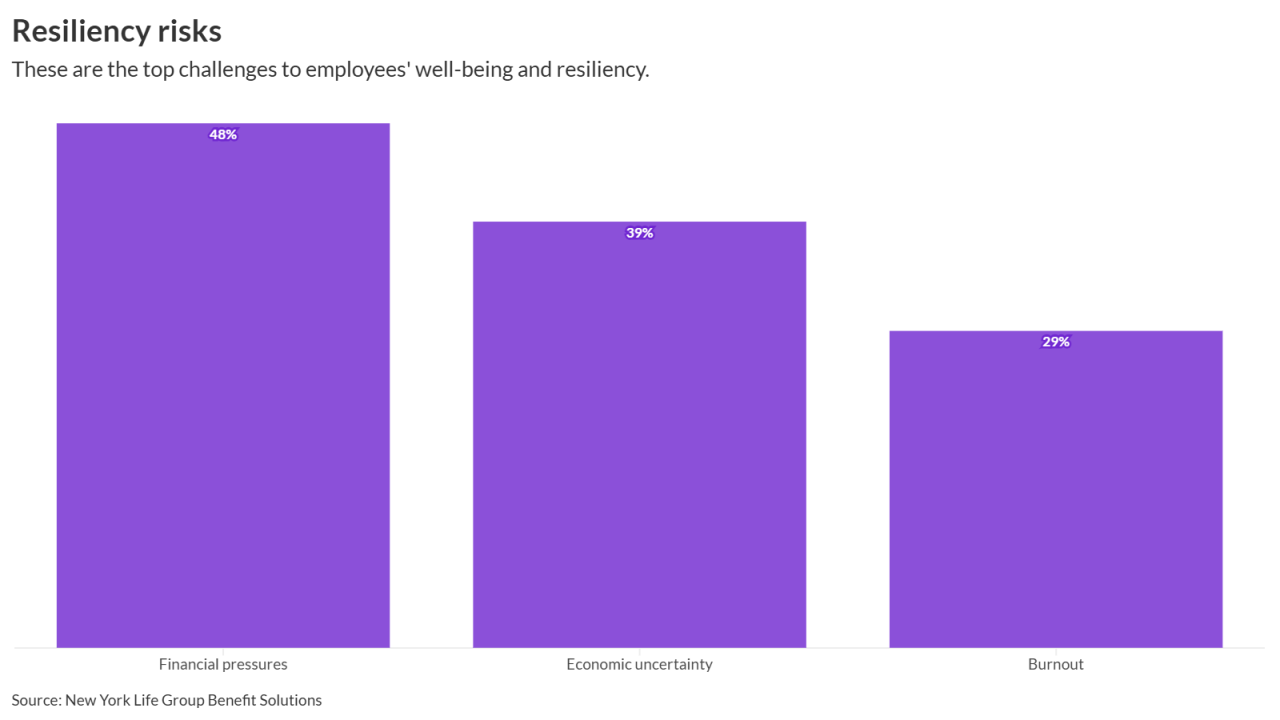Is there common ground for benefits and human resources professionals in every corner of the world? For the 13,000-plus whove come to Orlando, Fla. for the annual Society for Human Resource Management conference, learning to cope with an increasingly automated and data-centered working environment no matter what the industry may prove to the be biggest challenge the field has ever faced.
Speaking at the gatherings opening keynote, Hank Jackson, SHRMs CEO, illustrated that the robotic tools we once thought part of a science fiction future are now making their way into many workplaces, though the displacement of human talent will certainly require some new ways of thinking about optimizing the role people play in the workforce.
Technology is completely transforming the way we work, but this is a great opportunity to live up to our names as human resources professionals, Jackson notes. SHRM research suggests that globally as many as two billion traditional jobs will eventually be replaced by new technology, leaving an entire generation of HR and benefits managers to cope with a massively realigned working world.
Jackson says industry professionals also need to stay on top of the ongoing trend of many companies simply doing without HR and benefits departments at all, opting to outsource or take a do-it-yourself approach a challenging notion, especially for seasoned HR experts who may find themselves looking for work.
On a more positive note, SHRMs gathering kicked off with two inspiring speakers, both of whom have endured massive personal challenges to become strong examples of the absolute best of the benefits world.
Heather Abbott, an HR manager with Raytheon in Warwick, R.I., came to national prominence last year as a survivor of the Boston Marathon bombing. Abbott, who specializes in equal employment opportunities and affirmative action issues with the aerospace company, lost one of her legs in the terrorist bombing, but has become a well-known speaker and counsellor for other women coping with amputee issues.
Abbott says the life-changing experience certainly gave her new perspective on employers responsibilities of dealing fairly with people with disabilities, and on benefits much deeper impact in workers lives. HR professionals must become change agents, she says, not just in our own lives, but in all that we work with.
Also see:
Featured keynote Robin Roberts, the Peabody Award-winning co-anchor of ABC TVs Good Morning America, also offered her wildly optimistic experiences, having survived not only breast cancer but a recent diagnosis of bone marrow disease which suggested she had only a few years to live.
Roberts, a former star college basketball player and small-town sportscaster, rose to prominence in the 1990s as one of the first female journalists on ESPN. She says she initially opted to keep her fight with both medical issues out of the media spotlight, but says that she has learned more about the many positives of a supportive and encouraging workplace and the powers of community in helping herself and others deal with disease or personal crisis.
Everybodys got something, but the tragedy is if we dont take time to understand and consider the lost opportunity to transform, she notes. She encouraged benefits professionals to always remember that employees lives are much more complex than they might realize, and keep that in mind when dealing with benefits issues. You never know what someone is going through, she adds, and people will never forget how you made them feel.




